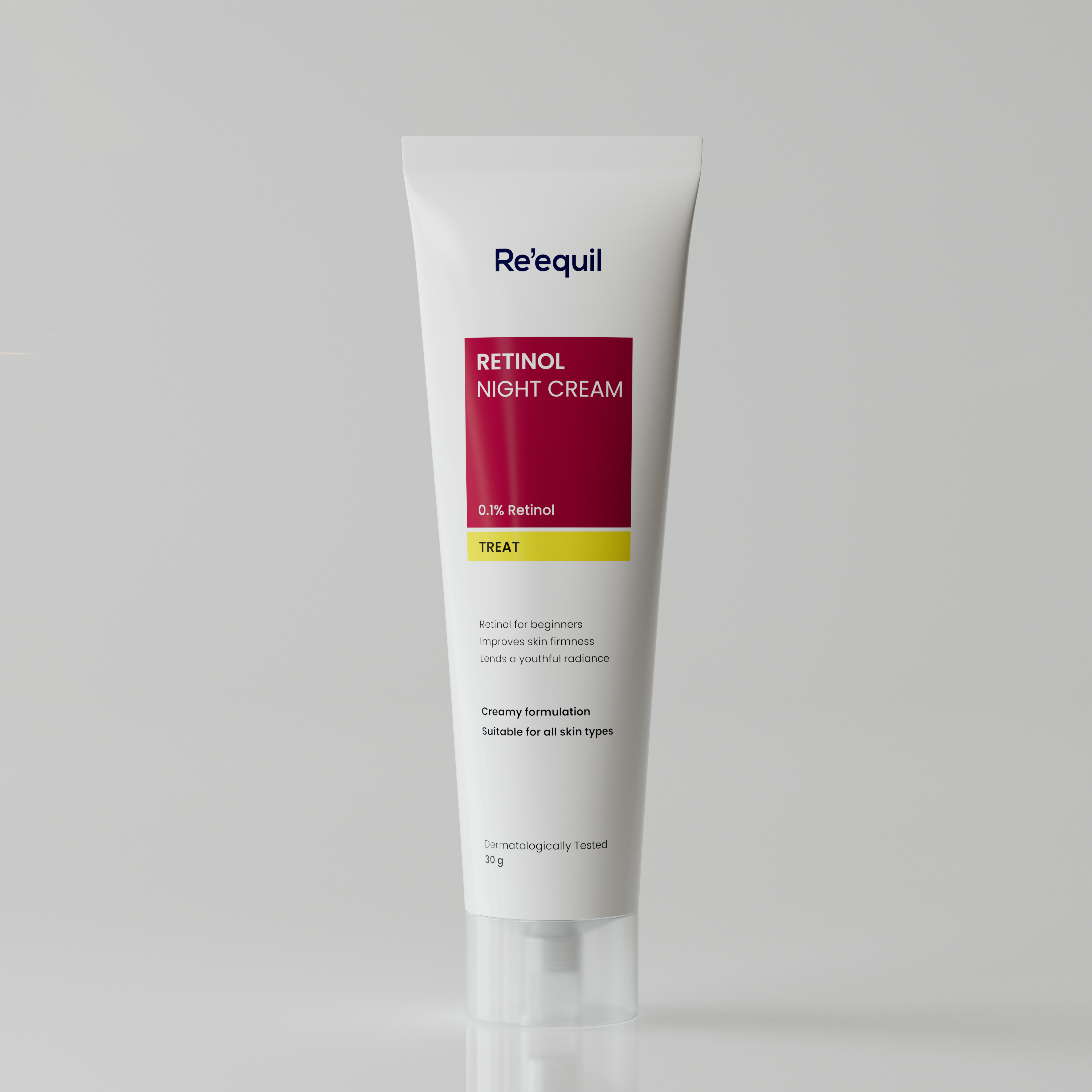Covid 19 pandemic has impacted our lives in most unexpected ways. This chronic virus not only debilitates the body but also opens it to many other challenges. Even after recovering from an infection, repercussions may continue to persist for months.
Recent clinical research studies have also reported that patients who survived covid 19 are experiencing massive hair loss as a post covid side effect. The great news is that in most cases in most cases hair loss caused by coronavirus is temporary and can be reversed.
What do you need to know about post-COVID hair loss?
Post -COVID hair loss in medical terms is known as Telogen Effluvium. Physical trauma, stress, and medical treatment are considered the major triggers of Telogen effluvium. In this type of hair loss, most of your hair follicles enter into the resting phase, causing them to fall out during brushing and washing.
Telogen Effluvium is usually temporary and will resolve on its own without treatment. However, if your hair doesn't return to normal in six months or continues to worsen, you should consult with a dermatologist or trichologist, who can help you determine whether another condition might be responsible for your hair loss.
How do you know if you have Telogen Effluvium?
- If you notice that your hairbrush has more strands after brushing than usual, or you see more hairs in the shower drain or on your pillow, you probably have Telogen Effluvium.
- You may also see areas where fewer hairs are growing or completely bald patches on your scalp. These areas may feel sore when touched. People with this type of hair loss will generally find a thinning of their hair rather than sudden baldness. The amount lost may not be noticeable because the individual strands are so small that an untrained eye does not easily see them.
Tips to battle post-COVID hair fall

Post COVID hair loss is reversible. The following tips may help:
1. Take a nutrient rich diet
When we give our bodies the nutrients it needs, a quick and complete recovery is within reach. So you should eat foods rich in protein, zinc, and iron to kickstart the healing process.
COVID can lead to nutritional deficiencies and cause hair fall. Keeping up a healthy and nutritious diet is crucial to preventing post-COVID hair fall.
Healthy hair is a sign of good nutrients, which means foods rich in vitamins, minerals, essential fatty acids, and protein are necessary for robust and healthy hair. The following foods have proven benefits for hair growth:
Iron
Iron deficiency causes anaemia that leads to brittle and lacklustre hair. Iron-rich foods include:
- Lean red meat
- Seafood (especially shellfish)
- Dry fruits, like apricots and cashews
- Beans
Vitamin C
Vitamin C helps the body absorb iron. When both are present, healthy blood circulation helps reduce stress on the scalp, leading to hair thinning over time. Citrus fruits, like oranges and lemons, broccoli, brussels sprouts, tomatoes, and other vegetables, are rich in Vitamin C.
Zinc
When growing your hair, you need to ensure the proper nutrients are getting to those follicles. That's where zinc comes in. Zinc is a trace mineral that helps your body create new cells, crucial for healthy hair growth.
Foods rich in zinc include:
- Grains, such as quinoa, oats and brown rice
- Poultry, such as chicken and turkey
- Red meat
- Nuts and seeds
2. Calm your mind and body with these activities
This Coronavirus pandemic has brought stress, fear and anxiety to people's lives. These emotions can lead to several mental health issues like depression and insomnia.
Use these tips to manage your stress levels and avoid hair fall:
-
Do yoga
Yoga might help ease your stress by calming your mind and body. Yoga involves meditation which may help you relax in stressful situations.
-
Go for a walk or exercise daily
Being active is an effective method to relieve stress and relax your body, muscles and mind. Exercise helps release endorphins, also known as happy hormones, which reduce feelings of depression.
-
Spend time with friends or family whenever possible
Put yourself in situations where you can be around those who offer positive encouragement or reach out to others who might help you out of a difficult situation. Socializing is an excellent way of releasing negative emotions that are building up inside you due to increased emotional pressure brought on by COVID.
3. Choose hair products wisely
Use products that won't strip your hair of moisture, like shampoos and conditioners with biotin (B7). Also, consider a supplemental biotin dosage, which aids in the production of keratin to strengthen the hair shaft.
Hydrolysed wheat proteins are a fantastic ingredient if you're looking for a little extra oomph in your styling routine. They can interact with each strand to help it retain moisture, boosting its overall health. This benefit is significant for those who frequently use hot tools on their hair — we all know how much heat can damage our locks!
Tropaeolum majus extract is an essential ingredient in any anti-hair loss products such as shampoos and lotions. Being loaded with vitamin C, vitamin A, and many other potent antioxidants, it works greatly to promote hair growth and add resilience to them.
Look for products that contain these ingredients - they'll help prevent further hair fall and promote healthy new growth.
If you're suffering from post-COVID hair fall, it's important to remember that you're not alone. Fortunately, there are several things you can do to help control your hair loss. If you begin making some of the changes mentioned in this post, you'll see a difference in the amount of hair falling out each day.
Remain positive - it will get better.

























